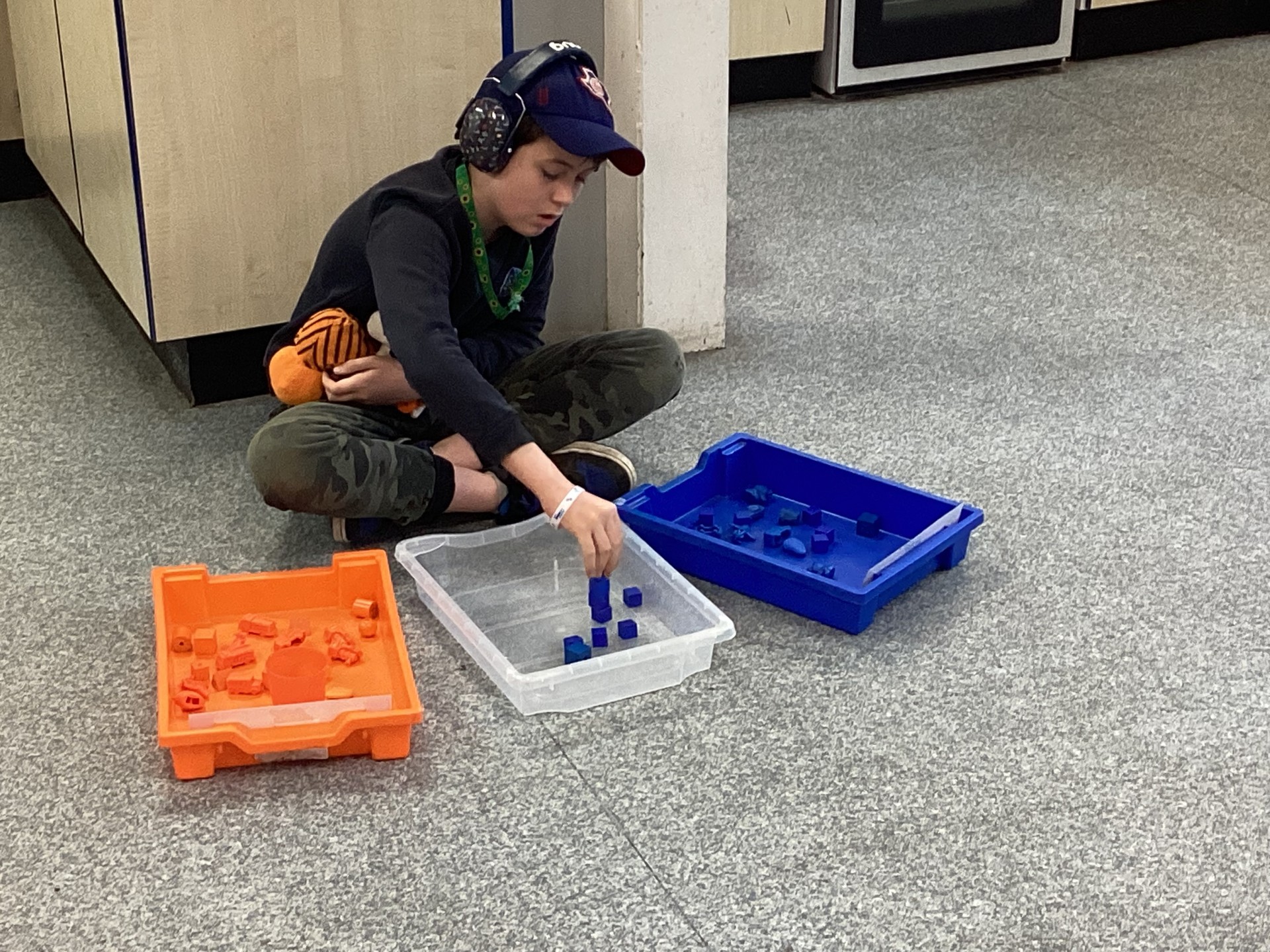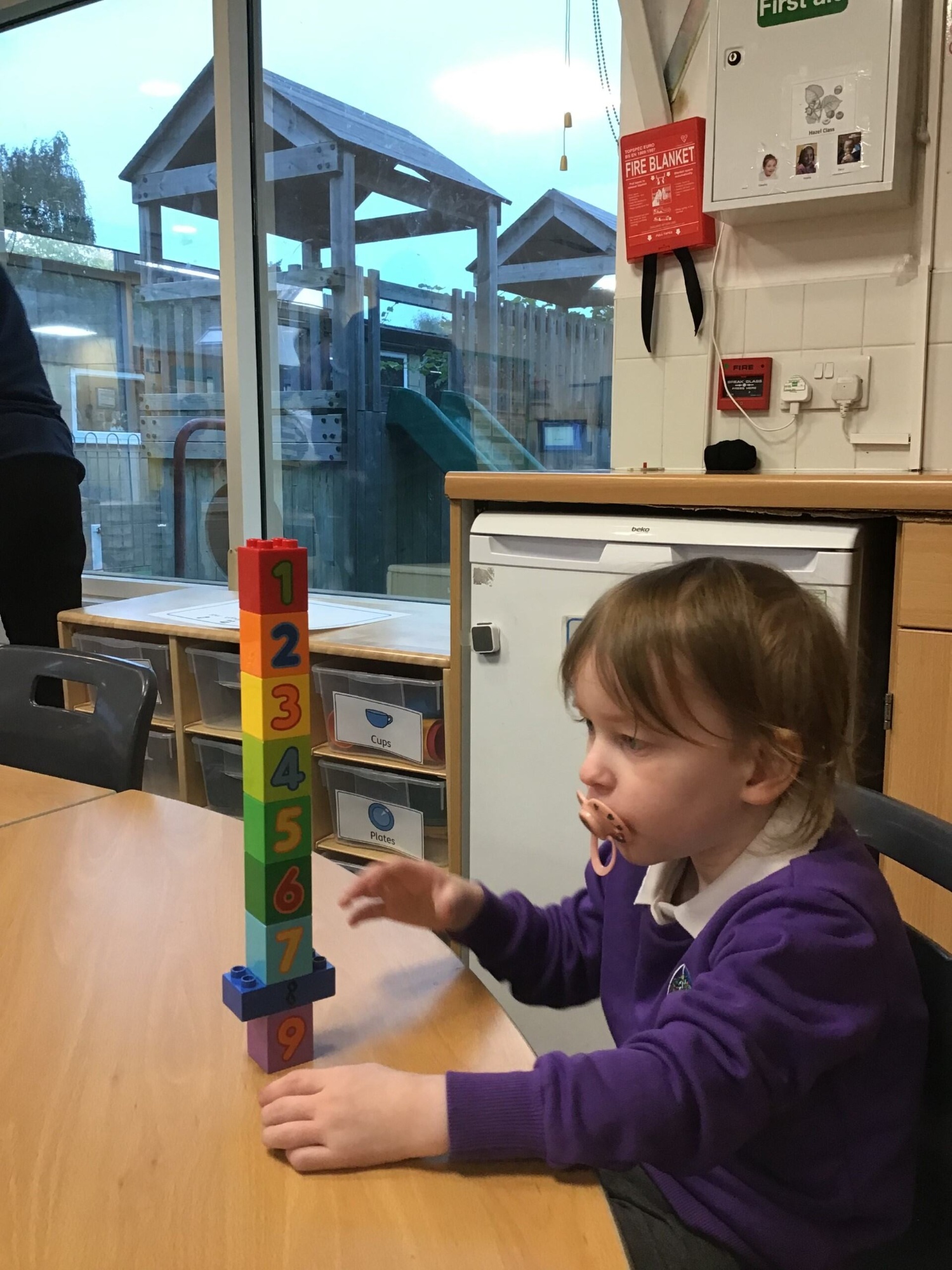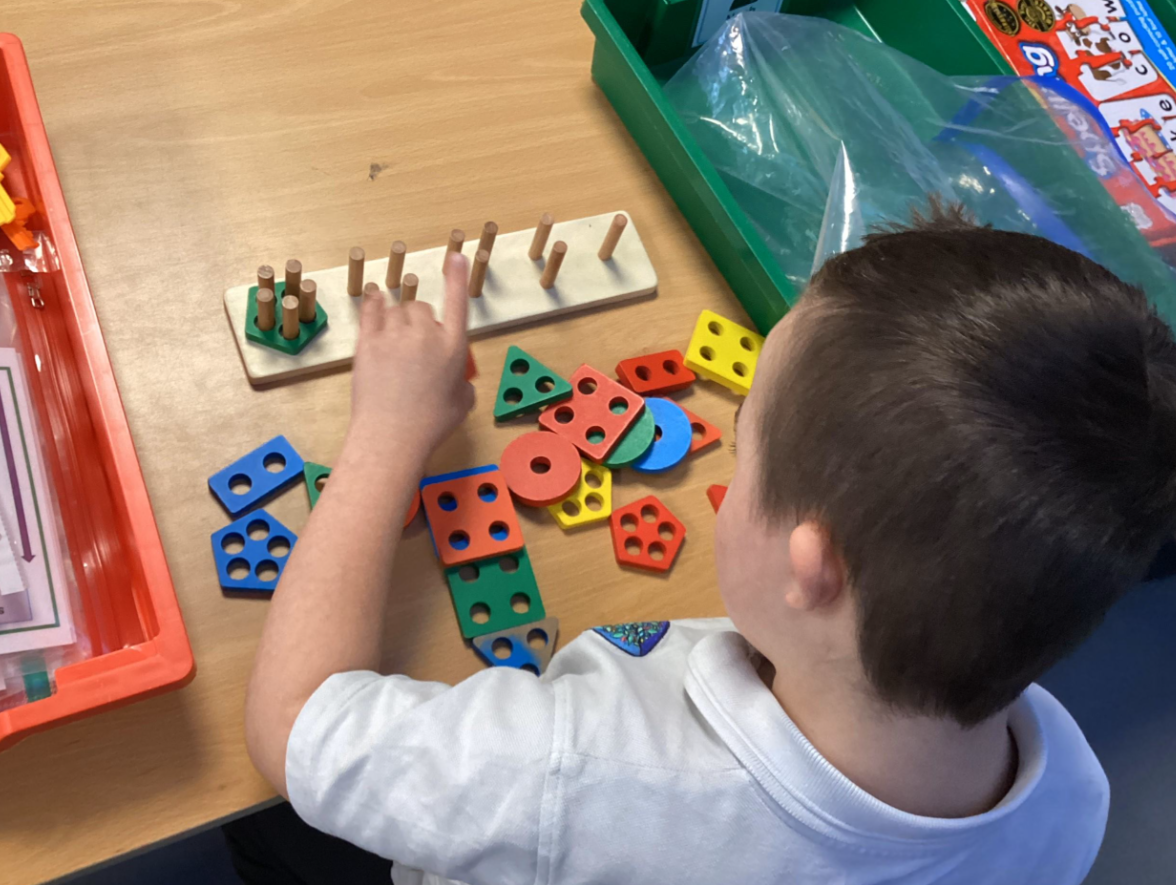MATHS
Mathematics at Bishopswood School is designed to be practical, engaging, and relevant to real-life experiences. Across all key stages and pathways, our curriculum is structured to develop essential numeracy skills that support independent living, problem-solving, and functional application in the community.
Intent
Our mathematics curriculum is designed to:
- Provide sequential and structured learning that builds on previous knowledge and skills.
- Develop confidence in number sense, problem-solving, and mathematical reasoning.
- Ensure pupils acquire functional mathematical skills that support independence and everyday life, including financial literacy, time management, and measurement.
- Promote mathematical thinking through hands-on, engaging, and real-world applications.
- Ensure pupils are prepared for adulthood with practical numeracy skills essential for daily life and employment.

Implementation
The curriculum is tailored to suit the needs of pupils across three pathways:
- Sensory Pathway: Pupils engage with pre-mathematical concepts through sensory exploration, developing early number awareness, cause-and-effect understanding, and object manipulation. Activities focus on sorting, sequencing, and problem-solving using practical and interactive resources. Number songs, large-scale tactile activities, and multi-sensory play embed early numeracy skills in an engaging way.
- Communication Pathway: Pupils begin to apply mathematical
 concepts to everyday situations. White Rose Maths supports structured teaching, with a focus on number, shape, space, and measures. Maths is taught through real-world activities such as shopping, cooking, and travel training. Practical lessons incorporate problem-solving and reasoning, ensuring learning is meaningful and transferrable.
concepts to everyday situations. White Rose Maths supports structured teaching, with a focus on number, shape, space, and measures. Maths is taught through real-world activities such as shopping, cooking, and travel training. Practical lessons incorporate problem-solving and reasoning, ensuring learning is meaningful and transferrable. - Core Pathway: Pupils follow an adapted version of the National Curriculum with a strong emphasis on applying mathematical knowledge to real-life scenarios. Topics include number operations, measurement, handling money, and time management. Enterprise projects, budgeting activities, and functional numeracy skills are woven throughout lessons to prepare pupils for post-16 pathways and employment.
Mathematical learning is enriched with technology, such as interactive software, assistive technology, and online learning tools to support different learning styles and accessibility needs.
Impact
The impact of our mathematics curriculum is measured through:
- The ability of pupils to apply numeracy skills in everyday situations, such as shopping, cooking, and managing money.
- Increased independence in making calculations, estimating, and problem-solving.
- Engagement and enjoyment in mathematical learning, fostering confidence in their own abilities.
- Preparation for post-16 pathways, including employment and independent living.
- Secure understanding of key mathematical concepts, enabling pupils to transition successfully into adulthood with functional numeracy skills that support their aspirations.

At Bishopswood School, mathematics is more than just numbers; it is about equipping pupils with the essential skills they need to thrive in the world beyond school. By embedding mathematical concepts into daily life, we empower pupils to be confident, capable, and independent learners.

 Academy Trust
Academy Trust